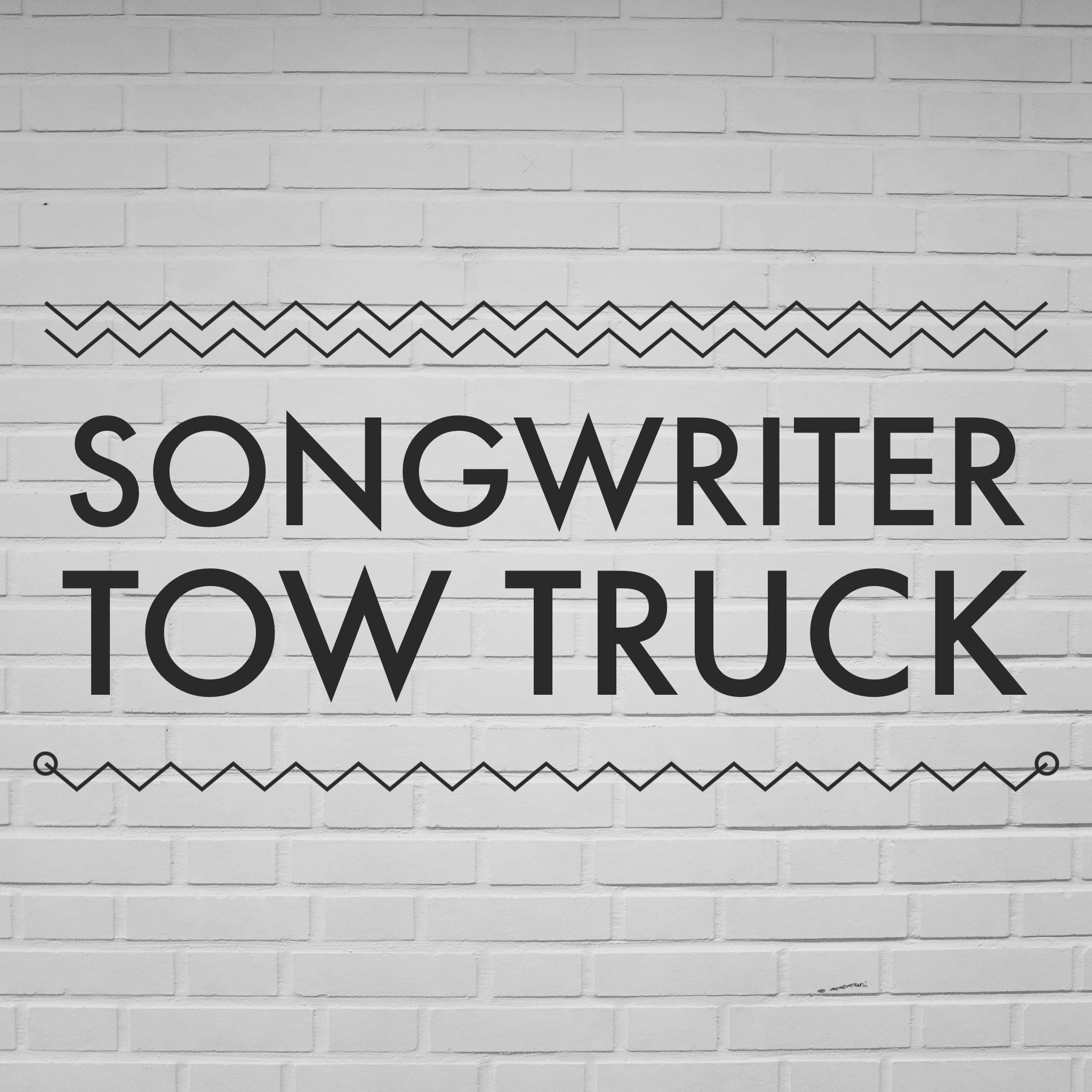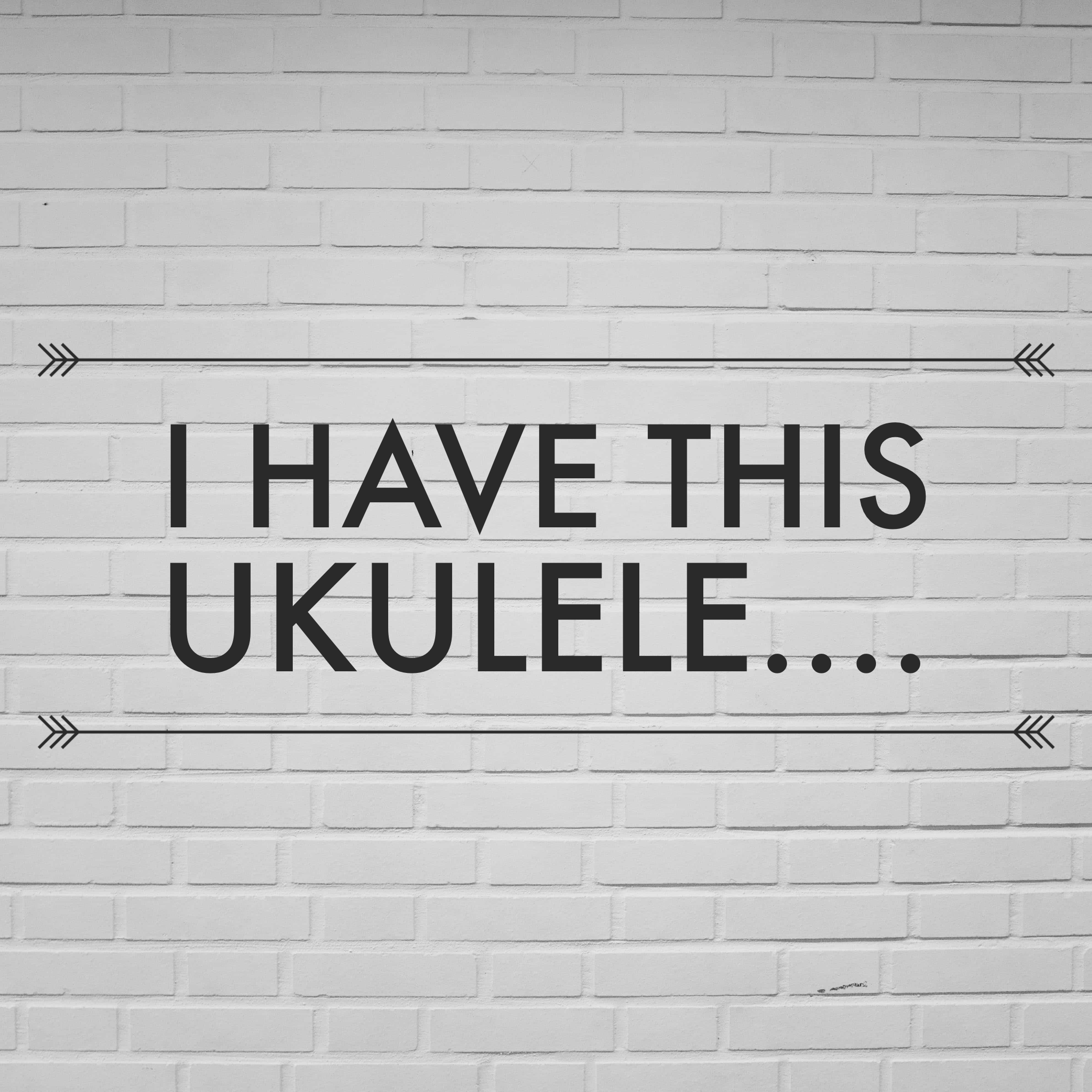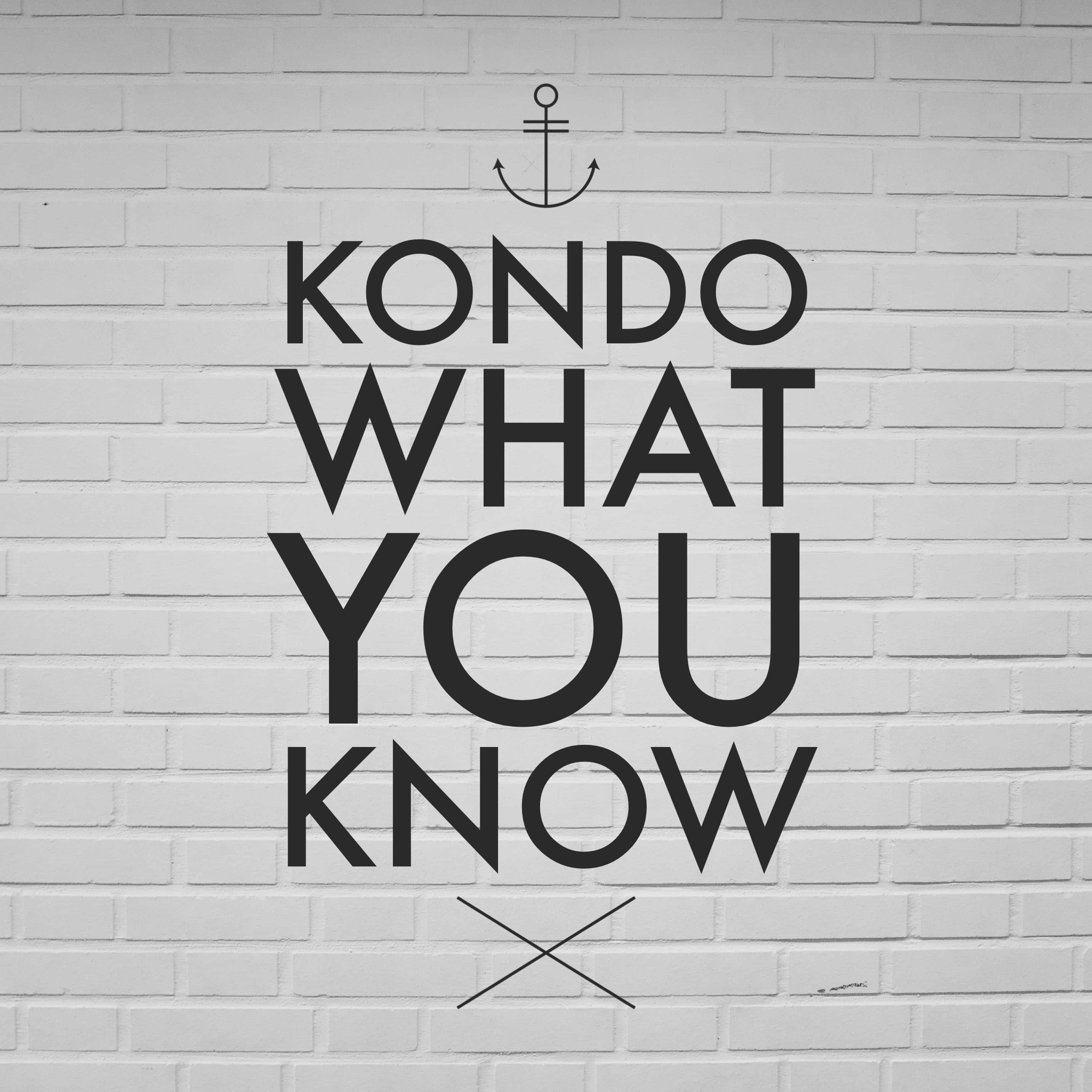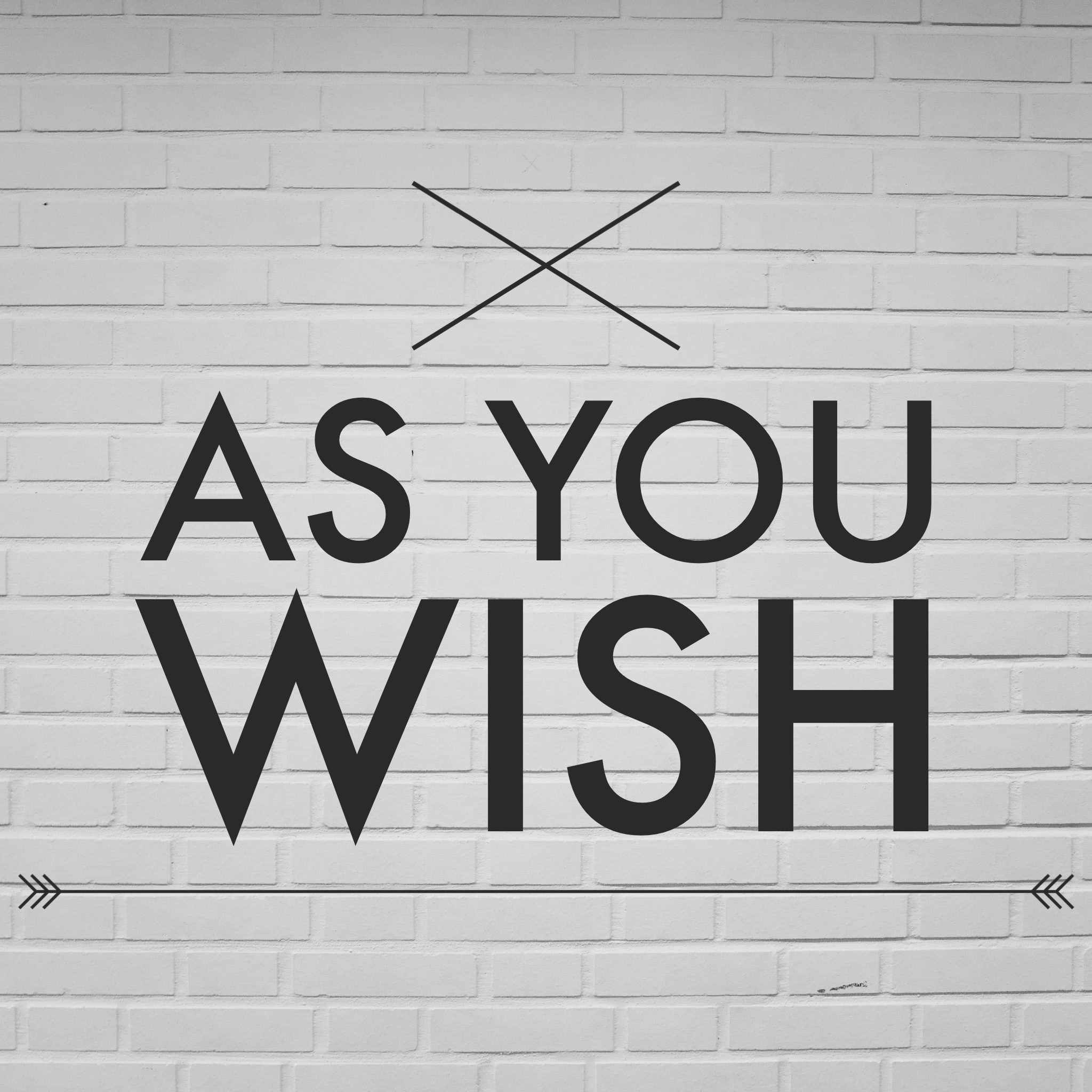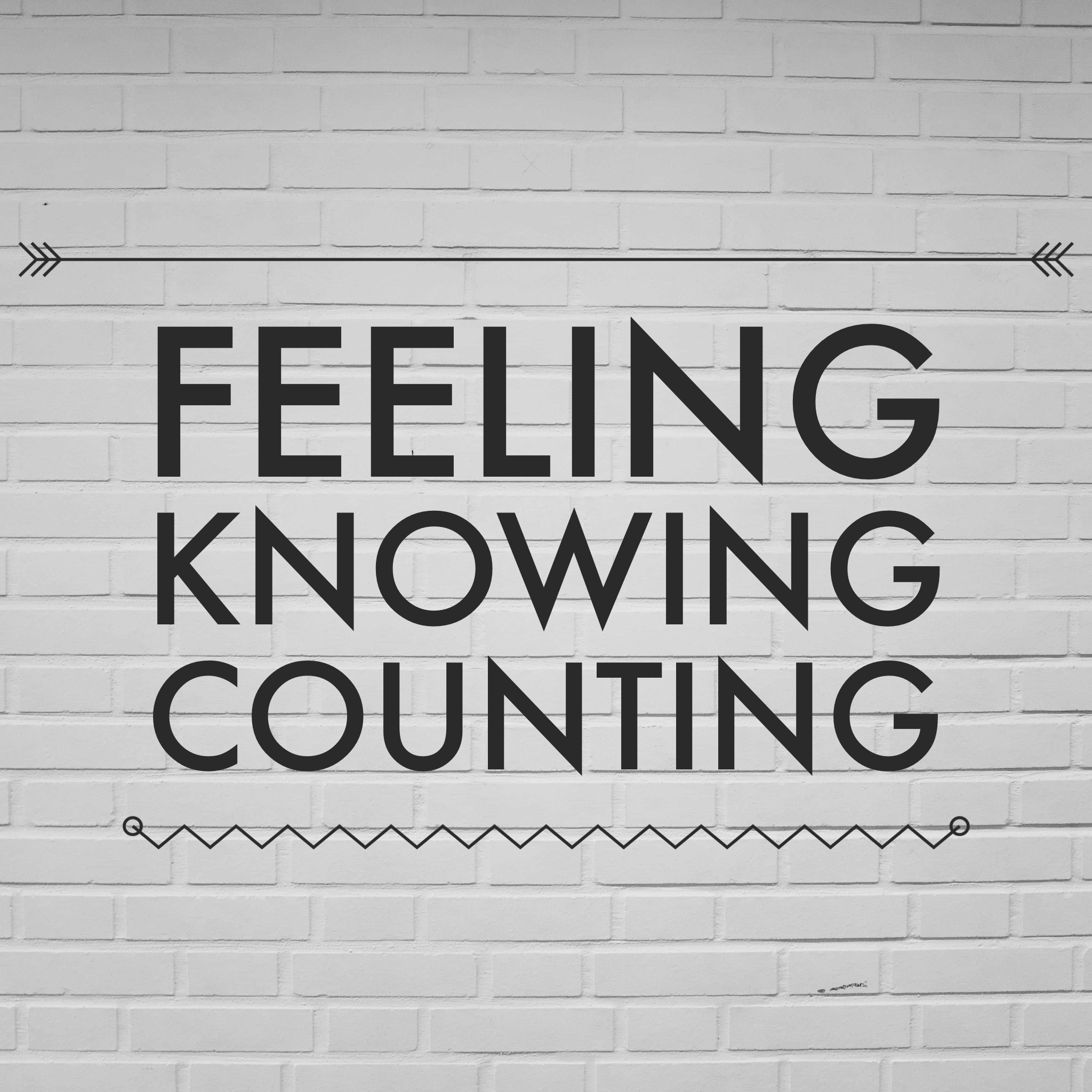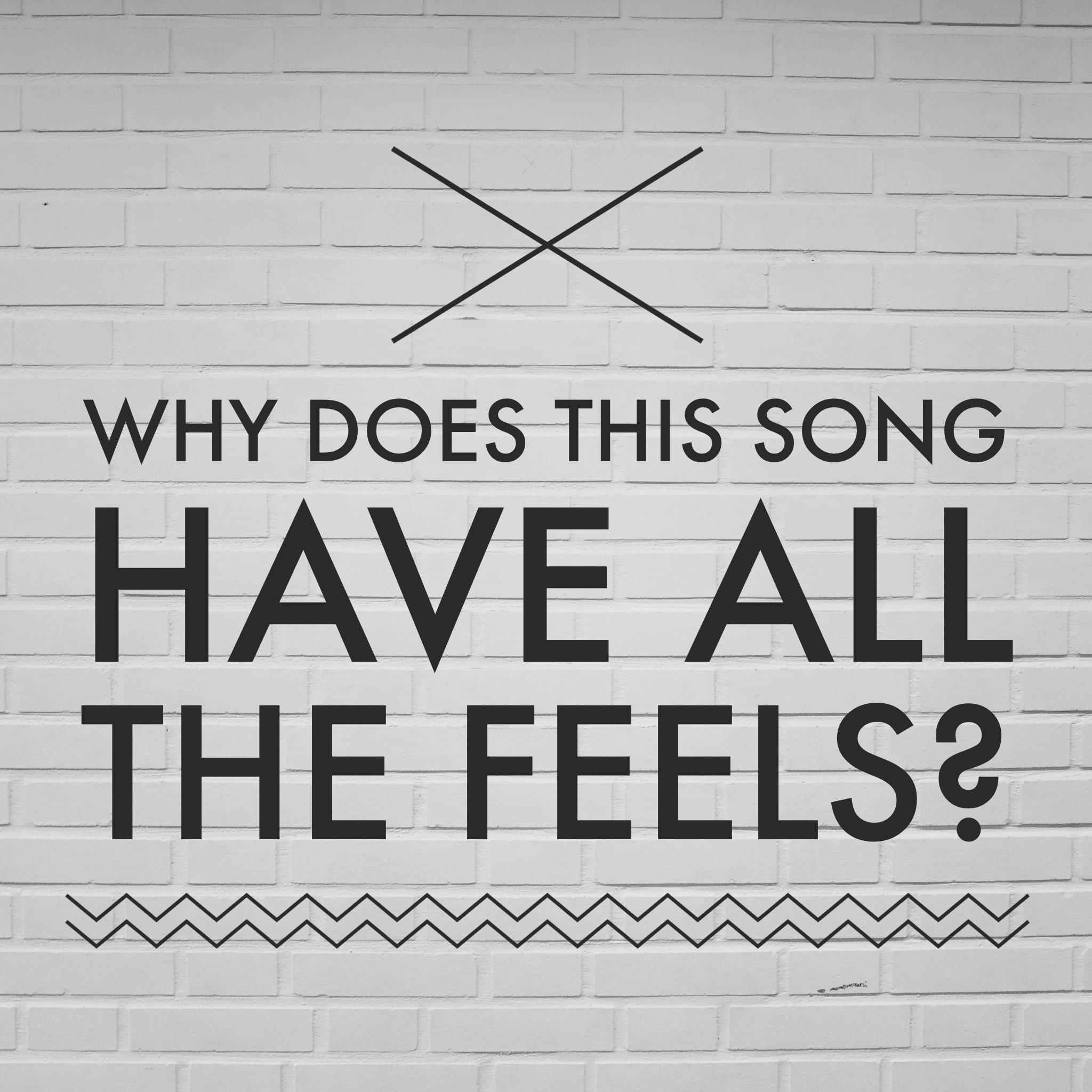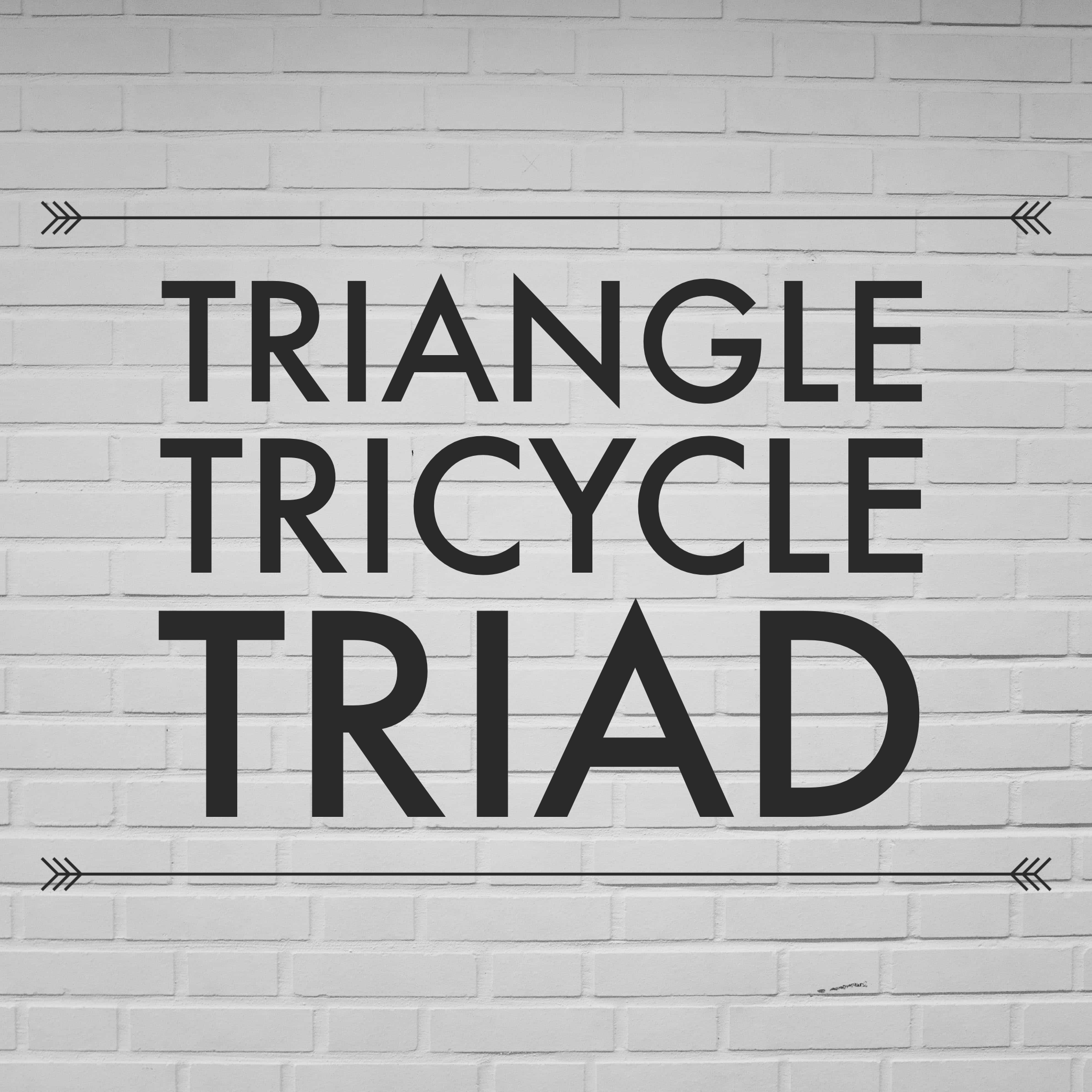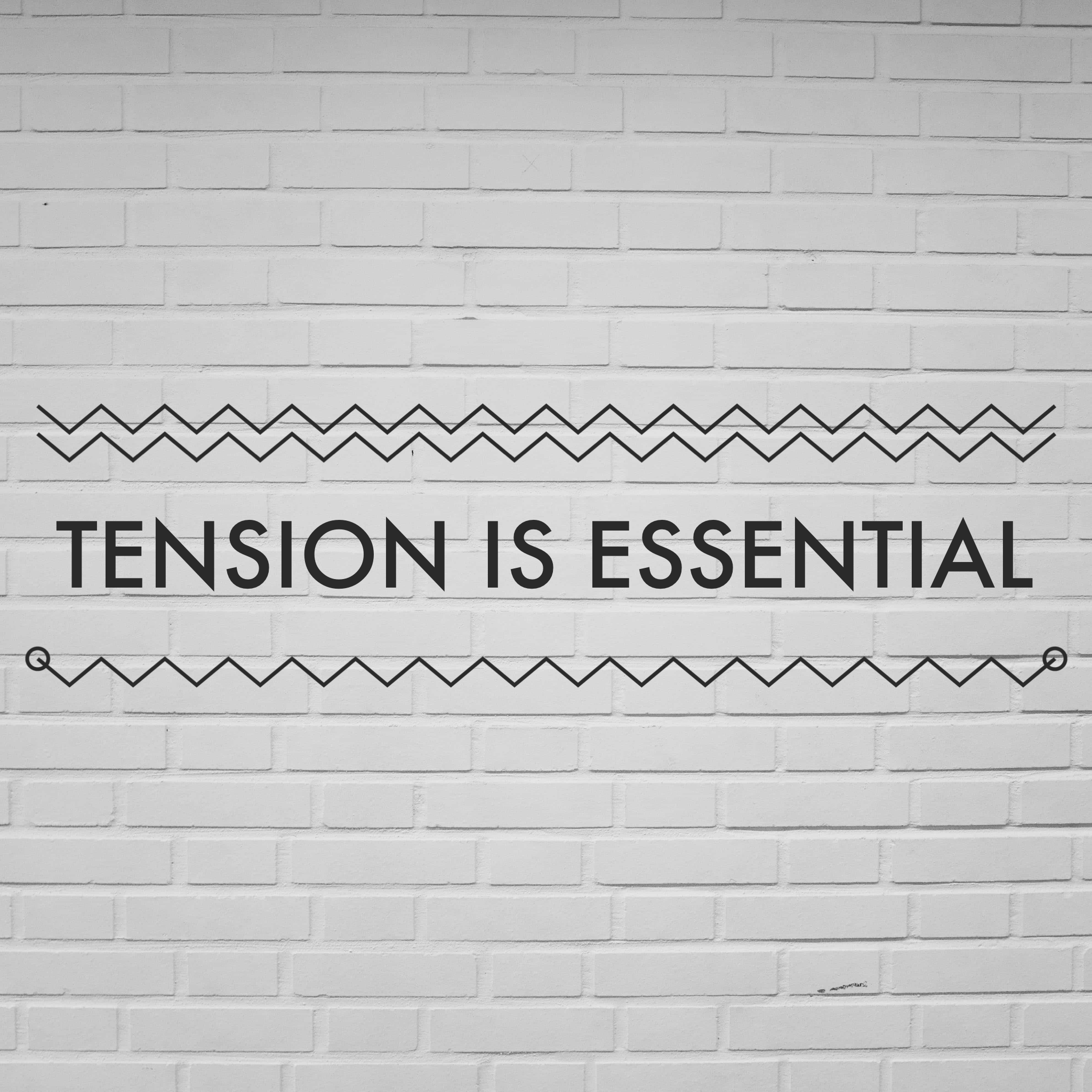Learn 🎵
In 2020, everything changed and we all hopped on Zoom to stay connected, to work, to learn and to grow. It’s 2023 now and I have students across the country who learn online and local students who learn in-person.
This is the new normal.
Maybe you’re a beginner or maybe you’re experienced and feeling stuck. I offer weekly lessons and modular lessons online and in-person. These modular lessons came to me as a way to dive into a topic as deep as you want to go. This could be one lesson that gets you going or six lessons spread over a year. It’s all about what you want to know and what you can take in and digest. Some offerings are for established musicians, some for beginners. Reach out if something catches your eye!
Stuck? Can’t start?
As artists and songwriters, we all get in a rut or downright stuck sometimes. I’ve worked with many artists over the years to inspire them to try some new tricks through some well placed tips. I’ve also helped musicians who want to write their own music start that journey too.
Expand your vocabulary, approach writing from a new perspective or just tell me where you want to go. I’m just the temporary driver that gets you where you want to go!
Right??
(In truth, you could insert “guitar” or “bass” or “piano” or “mandolin” for ukulele.) The point is, sometimes we want to get the basics down for an instrument we already have.
But truth be told, it seems like EVERYONE has a ukulele these days. Why? They’re fun, they’re small, they have 4 nylon strings so they’re easy to play, gentle on the fingers and last but not least you will feel happy playing one. I dare you to be in a bad mood playing a ukulele!
Shhhh….it’s really music theory!
Dentist! Prostate exam! Gynecologist! Music Theory!! All words that can make us squirm with revulsion. I am not a medical professional, but I have played and written a lot of music which means I have used my knowledge and experience in practical ways. Maybe you have too? If you’ve listened to, played or written music, it isn’t theoretical - it’s practical! Get Marie-Kondo-approved- organized by going one layer deeper. We’ll create a personal filing system in your brain of what you know so that you remember exactly where you put that tool or nugget of info. This will help you make all the right connections quickly while your inspiration is still flowing and it also helps if you’ve always wondered how everything fits together.
“Amy Stolzenbach is one of the most important music teachers I’ve ever had. I came to her with so many hang-ups about my own abilities (or lack thereof) and she helped to rebuild my confidence. Her teaching style takes some of the pressure off learning and makes playing your instrument FUN. In fact, she made it so much fun for me that I ultimately made music-making my full-time career. I am grateful to Amy, not only for teaching me so many of the important basics on guitar, but for helping me to see what I was capable of. I can’t recommend her highly enough!”
What are your personal goals?
Polishing up dusty reading skills on piano? Wanting to know how to create more interesting bass lines after you’ve been playing bass for 20 years? Dispelling doubt about finally learning to play guitar at age 65 even though you’ve dreamed about it you whole life? These were the personal goals of some of my students. Dream big! Send me a message and let me know what you want to learn. I’ll tell you if I’m the right person to help you and if I’m not, I will refer you to someone that I know and trust.
Rhythm, subdivisions and syncopation
Before you scroll away, just know that this offering uses songs you like - the ones you bob your head to, the ones that make you smile or pump your fist. If you can feel it, you know it. If you know it, you can take steps towards counting rhythm in musical language…..and your drummer will stop throwing daggers at you with their eyes!!
Aka “Analyze This!”
Let’s figure out a song together and have a chat. A little bit of ear training, a little bit of (eeek!) theory, a little bit of counting and a lot of information that will hopefully put a smile on your face.
“I love “full circle” stories! This is one of my personal favorites. My two children had the wonderful experience of taking guitar lessons with Amy during their high school years. That was about 10 years ago. Wow....time flies! Amy’s fun and unique approach was inspirational for not only my children but for me too! My son got married a year ago. And I was wracking my brain for the perfect “mom” wedding toast. Even though I am not the most musical person, I decided to perform a Beatles song with my ukulele. But one hitch, I had no idea how to play the uke. And then a lightbulb moment! Even though I had not seen Amy for such a long time, I knew she would be the perfect musician to lead me on this new journey!Long story short....I have had a wonderful time learning a new instrument, reconnecting with Amy, charting new waters, and sharing a wedding toast that was a surprise and brought life beautifully full circle once again! Thank you, Amy!!!! ❤❤❤❤”
3 sides, 3 wheels, 3 notes
Triangles can rotate to have any of their 3 sides on the bottom, triads can have any of their 3 notes in the lowest voice and tricycles are a stable way to get around on 3 wheels! Whether you’re on piano or on a stringed instrument it’s good to know how to move around to higher and lower voicing options of the chords we all use. And bass players - I’m looking at you too! This is some awesome secret sauce for your bass parts.
Adding to your triad and writing melodies
Did you know that you can stay on the same chord for like a minute if you do one small thing? Mild tension is the trick. Melodies use more than just the notes in the chords to introduce mild tension. Breaking down a beautiful melody or a chord into its components may sound clinical, but seeing the man behind the curtain or the parts of the engine under the hood can make things less scary and more accessible.
Chords and how they go together
How can chords tell a story? Isn’t that what lyrics are for? Is there a template or formula to writing songs? Yes, yes and kind of. =] Chord progressions are the foundation of the house that you build or the scene that you set when writing a song. Let’s go a layer deeper and find out why the right chords work time and time again.
